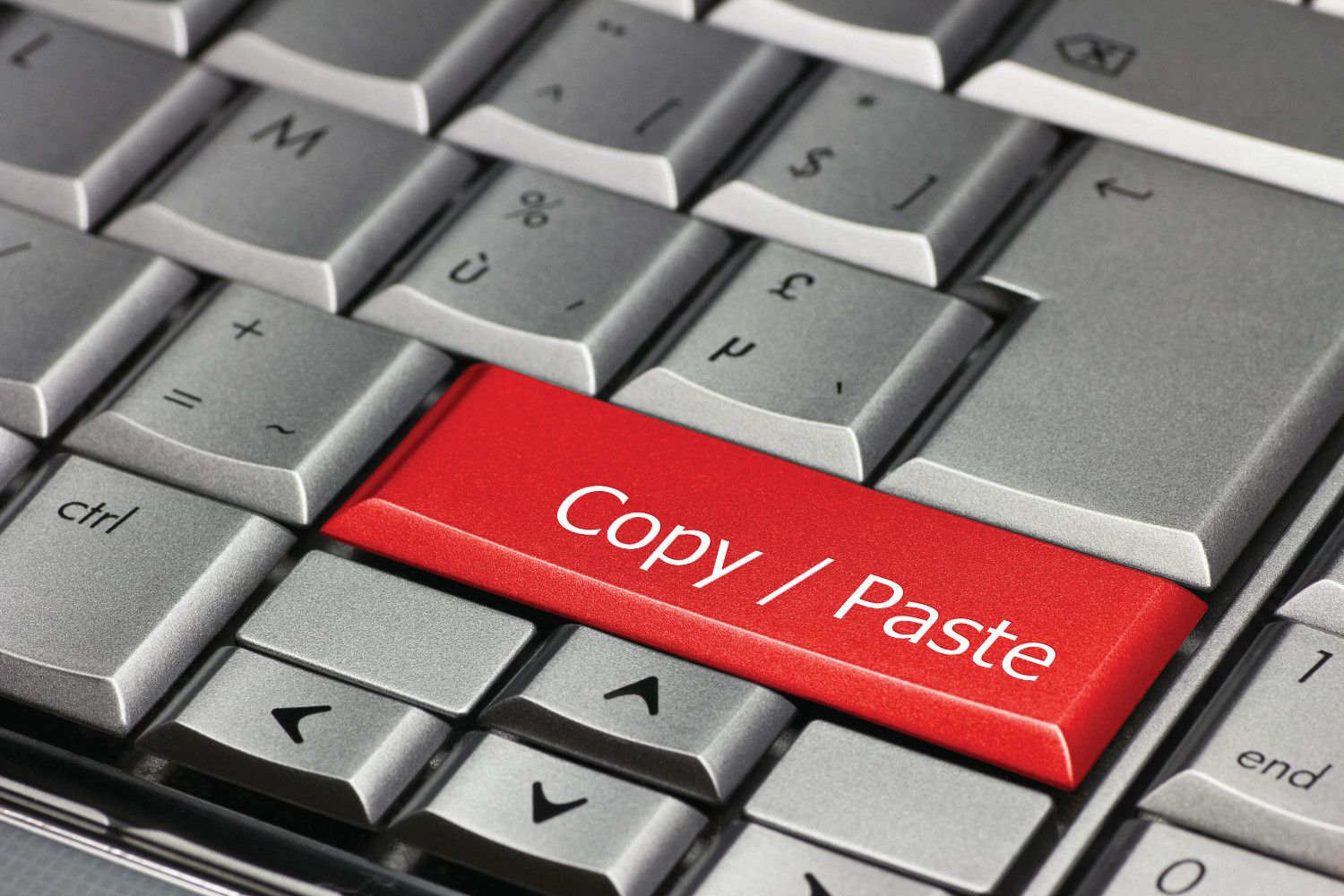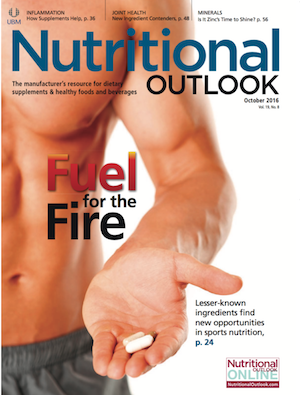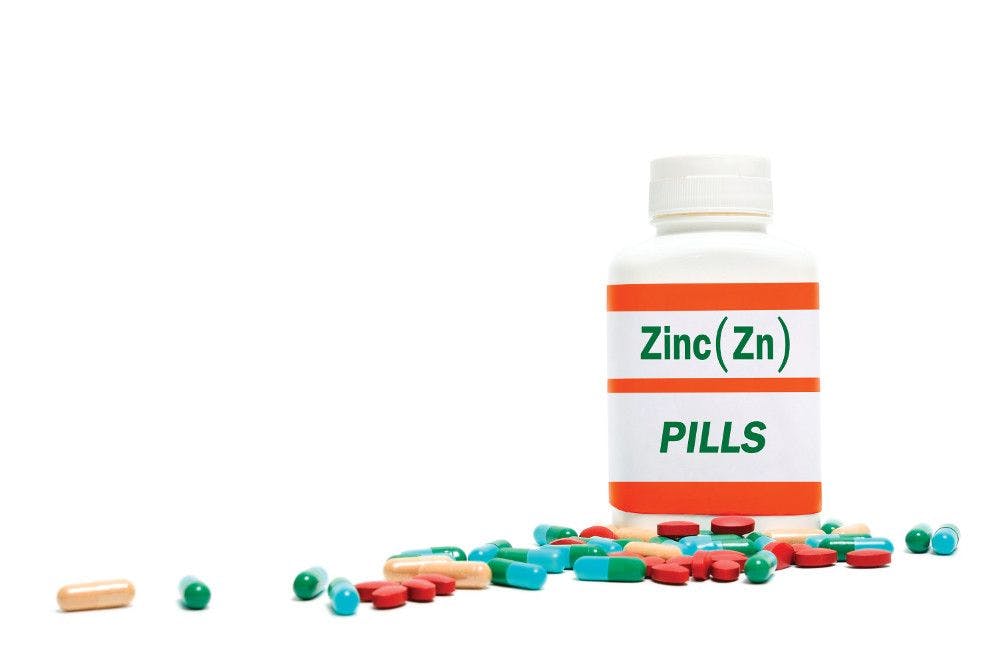What Happens When Your Certificate of Analysis Is a Fake?
It’s important to talk about a problem we see happening today: Certificate of Analysis adulteration.
Photo © Jurgenfr/Shutterstock.com

It’s no secret in our industry that combatting adulteration takes the whole village. It’s also no secret that the threat of adulteration often comes from within the industry itself. As an industry, one of the best tools we have for fighting adulteration, in addition to robust testing by top-notch labs, is education and communication among ourselves. So it’s important to talk about a problem we see happening today: Certificate of Analysis adulteration.
A Certificate of Analysis by its very nature represents quality control by documenting the testing performed on an ingredient. As I tell every new employee, adulteration is lurking around each corner. That is why testing labs like us exist. I explain that every measurement has a meaning and makes a product better, and that each of the intricate standard operating procedures we follow helps to populate high-quality data packages that protect our industry from adulteration and, most importantly, protect consumers from harmful ingredients. Certificates of Analysis are a critical part of those standard operating procedures. We must safeguard the high level of credibility the Certificate of Analysis represents, and that is why we, as a testing lab, go through so much effort to protect our final product.
In early 2016, it came to our company’s attention that there were Certificates of Analysis circulating among the industry that highly resembled the distinctive, customized format of the Alkemist Labs Certificate of Analysis. Unfortunately, these Certificates of Analysis were not genuine.
The first indication that something insidious was afoot came in the form of an e-mail from a trusted colleague and industry guru. This was the gist of the message: “Hey, Elan, check out this e-mail. Do you guys really test this garbage? This looks like your Certificate of Analysis.” The colleague then forwarded an e-mail sales solicitation for some superfruit product accompanied by a Certificate of Analysis that was remarkably similar to ours. In fact, it was so similar that I searched the Alkemist Labs Information Management Software (LIMS) for the lot and sample numbers in order to confirm that it was not our analysis. It was evident that someone had worked hard to make the Certificate of Analysis look like an Alkemist Certificate of Analysis. I received several other inquiries from folks who also thought the certificate was ours but who were checking to confirm.
What’s most alarming is that it’s likely that some companies simply assumed, based on these plagiarized Certificates of Analysis, that Alkemist Labs had in fact confirmed the ingredient’s identity and potency, and, assuming this, allowed this batch of substandard material into their products.
We’ve seen this happen before. Several times over the last 20 years, we’ve discovered adulterated or plagiarized copies of our company’s Certificate of Analysis. More often than not, the subject of these certificates was some trendy natural product, such as hoodia, green coffee bean extract, or fruits from South America. Subjects also included the usual suspects, such as green tea, ginkgo, and ginseng extract.
How does one go about plagiarizing or adulterating a Certificate of Analysis? By switching lot numbers, changing test results, or creating a Certificate of Analysis that looks so close to the Certificate of Analysis from a premier lab that even discerning customers can’t tell the copy is a fake. While I don’t have confirmation of whether this has happened to other labs, I’d be very surprised if it hasn’t.
And so I urge the industry to be on alert for fraudulent Certificates of Analysis. How do you combat Certificate of Analysis adulteration? It’s simple. When you see a Certificate of Analysis in a company’s marketing materials, ask the company which lab did the testing, and call the lab to verify that it did the testing. Confidentiality agreements may prevent their telling you, but it’s worth asking. And if you have a testing lab, don’t copy my Certificate of Analysis. Design your own.
Trust in the industry has been eroded by negative media coverage. We’re under a high level of scrutiny these days, so we all need to be vigilant in recognizing the tricks and scams used by those just in it for a quick buck.
Elan Sudberg is CEO of Alkemist Labs (Costa Mesa, CA). Alkemist Labs is an industry-recognized leader in botanical identification services and renders comprehensive analytical testing solutions to its global base of clients to meet their food product safety, transportation, and quality guidelines.
Also read:
The Importance of a Trustworthy Certificate of Analysis
Dietary Supplement Testing: How to Detect “Dry Labbing”
Dietary Supplement GMP Weak Spots : An Auditor’s Perspective

Prinova acquires Aplinova to further increase its footprint in Latin America
April 7th 2025Prinova has recently announced the acquisition of Brazilian ingredients distributor Aplinova, which is a provider of specialty ingredients for a range of market segments that include food, beverage, supplements, and personal care.

























